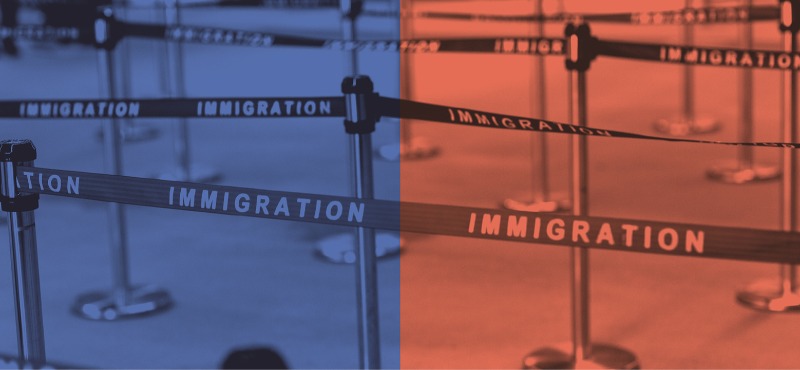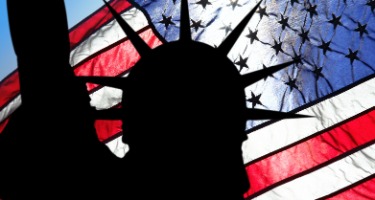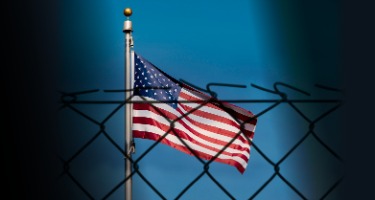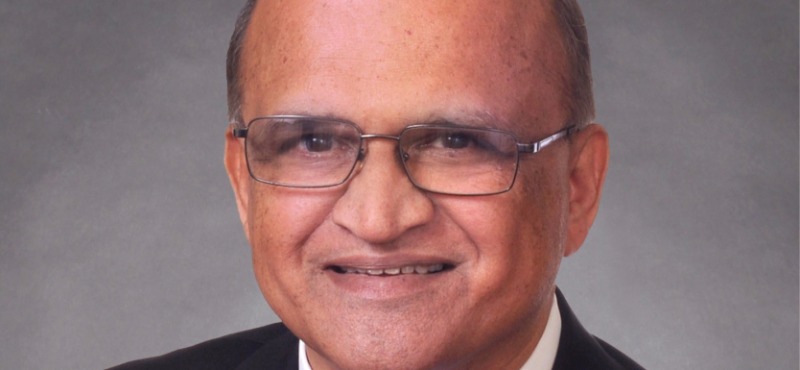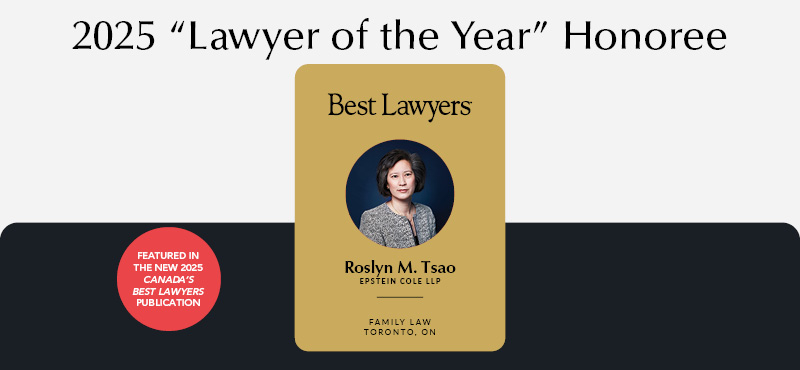While coverage of the war on illegal immigration appears in the media on a daily basis with plenty of news about the “Dreamers” and building the wall, there is another secret war being waged against legal immigration, and it impacts U.S. businesses and our economy.
There have been no changes in U.S. immigration laws or regulations since the start of the new administration; however, the way the existing laws and regulations are being applied is clearly changing under the Buy American, Hire American Executive Order that was issued on April 18, 2017.
In a clear attempt to discourage U.S. employers from hiring foreign workers, the U.S. Citizenship and Immigration Services (USCIS) has been introducing roadblocks designed to increase processing times and denials of employment-based petitions, leading to escalating immigration costs, uncertainty, and frustration.
With a 4.1 percent unemployment rate in the U.S., which is widely considered to be full employment, U.S. employers are not choosing to hire foreign workers over Americans. They are hiring foreign workers because there aren’t enough U.S. workers in STEM fields (science, technology, engineering, and math). I don’t know a single employer who prefers to pay thousands of dollars to the USCIS and their immigration attorneys and cope with the uncertainty of the immigration process, which can drag on for well over a decade in many cases, rather than hire a qualified U.S. worker.
Every engineering position that must be off-shored takes U.S. jobs with it. Hiring 20 engineers abroad requires less office space and office furniture in the U.S.; fewer computers, printers, copiers, phones, and office supplies; and not as many support staff. Even nearby restaurants and shops may find themselves requiring fewer employees. You can begin to see the impact that off-shoring will have on the U.S. economy, not to mention the state and federal income taxes that will be forfeited.
On March 31, 2017, the USCIS announced that it no longer considers computer programming to be a “specialty occupation” eligible for H-1B visa status. To be fair, it has long been debated whether computer programming qualifies as a specialty occupation; however, the USCIS has been using the new pronouncement as an excuse to deny H-1B petitions for other IT positions, such as software developers and software engineers, leaving employers without the high-tech talent that they need after spending thousands of dollars in immigration fees and costs.
In mid-2017, the USCIS started questioning whether entry-level positions, where the employee is to be paid a Level 1 wage (the lowest of four wage levels established for each occupation), are considered specialty occupations. Essentially, the USCIS is taking the position that an entry-level engineer or medical doctor is not functioning as a professional. Not only is this ridiculous, but it effectively changes the four-level wage structure mandated by Congress into a three-level wage structure. In some cases, the USCIS has even been challenging positions at a Level 2 wage.
In October 2017, the USCIS announced that it was departing from its long-standing policy of giving deference to its prior decisions. So, if the USCIS previously granted employment authorization to Raj Kumar to serve as a mechanical engineer for Acme Company, it is now under no obligation to approve an extension even if there had been no changes in his employment and no indication of fraud or misrepresentation in the earlier petition. The only explanation for this shift is to allow the USCIS to more easily deny petitions that it had previously approved.
There are many other changes that have been proposed or rumored. In fall 2017, the Department of Homeland Security published a Notice of Proposed Rule Making to end the H-4 EAD program that permits the spouses of certain H-1B workers to apply for U.S. employment authorization themselves. Since February 2015, when the H-4 EAD program was first authorized, U.S. employers have hired thousands of H-4 EAD spouses, many of whom are highly educated. Because qualified H-4 spouses typically apply for their Employment Authorization Documents (EADs) themselves, there are no immigration-related costs to their employers.
The result of these policies restricting legal, business immigration is that U.S. companies and the U.S. economy will be the losers. Over the past year, at least six of my clients have chosen to leave the U.S. and immigrate with their families to Canada or Europe. These are not “illegal aliens” who have elected to self-deport. These are legally employed engineers with Master’s degrees from U.S. universities.
On November 13, 2017, The New York Times published the results of a survey conducted of 500 U.S. universities concluding that foreign student enrollment for the fall 2017 semester decreased by 7 percent over the previous year (about 75,000 fewer students). Foreign students, who typically come to the U.S. to pursue advanced degrees in STEM fields account for $39 billion annually in spending toward the U.S. economy, according to the Times article. In addition to paying out-of-state or international tuition that is a boon to our universities, foreign students rent apartments and buy homes; buy cars, phones, furniture, and clothing; spend money in grocery stores and restaurants; and engage in tourism.
The anti-immigration policies secretly being implemented under the Buy American, Hire American directive will not result in either. Rather than buying American, millions of dollars will leave our economy to be gladly received by Canada, Europe, and Australia. Rather than hiring American, high-tech positions will be off-shored, resulting in an increase in U.S. unemployment as we shed jobs for support staff, construction and automotive jobs, and retail and restaurant workers.
---------------------------
Leila Freijy has been practicing U.S. immigration law in Michigan since January 1999 and has been listed in The Best Lawyers in America© every year since 2007. Her practice focuses on employment- and family-based immigration matters.





